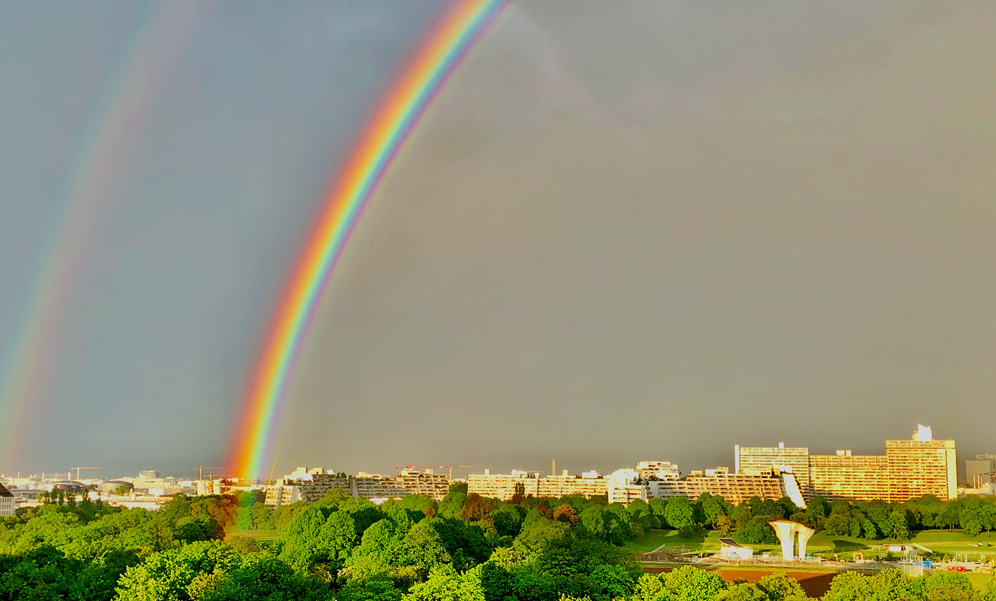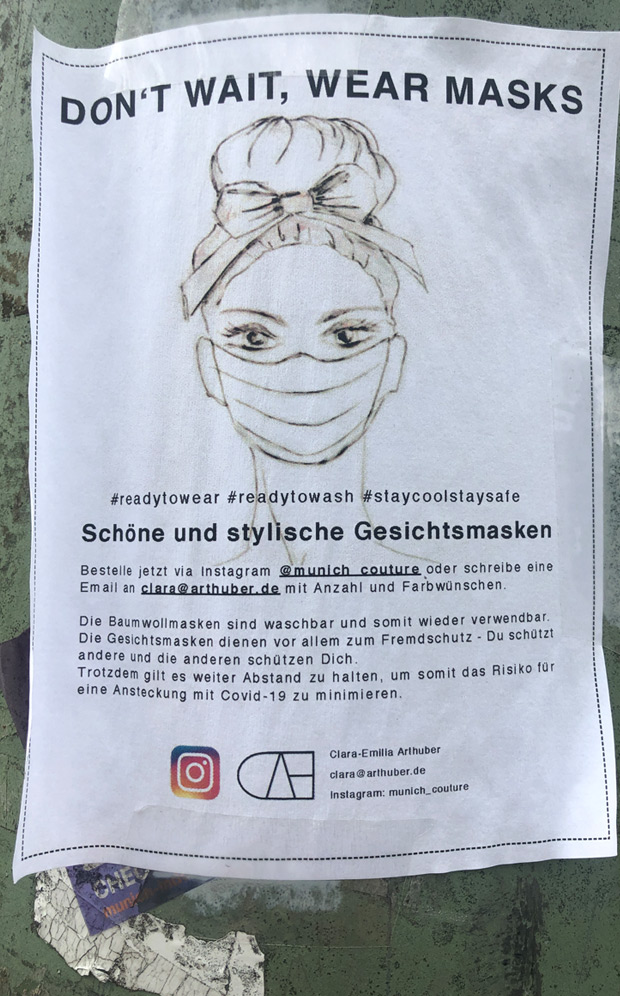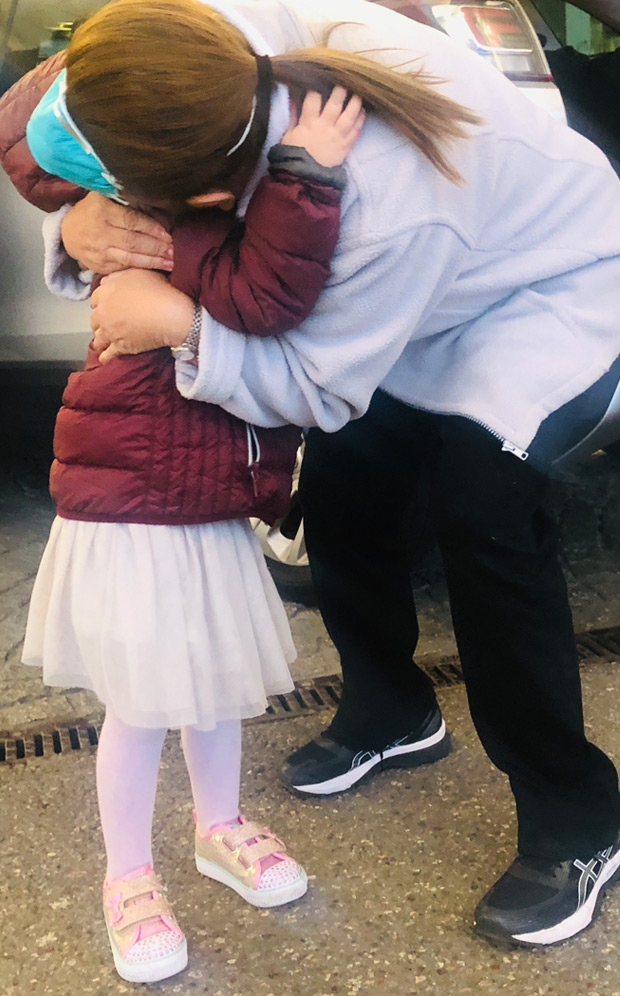The year started well, full of new projects, resolutions, and dreams. From time to time, the news would mention something about a “new virus in China” and how the World Health Organization suspected that the Asian country was not reporting the reality of the situation.
But China is far away, I told myself, and how many new viruses could there be each year? Viruses mutate over time and with the seasons. This is how they survive, and this is how we adapt to coexist with them.

By mid-January, the topic became fashionable, with media outlets beginning to report daily on the number of infections, symptoms, and deaths. Speculations and fake news also started circulating in the virtual world, and then from mouth to mouth all around the world.
The collapse is near
Europe viewed this as distant. To calm the fears of those beginning to worry, experts and governments said this was just another flu. Perhaps a little stronger for those in high-risk groups, but life had to go on.

Gradually, cases began to be detected in people coming from China who already carried the virus. Italy, France, Spain, and Germany, to name a few, tried to contain the spread of the virus while trying to maintain calm.
But Italy collapsed very quickly, followed by Spain and France. Between the second half of March and early April, almost the entire world (the real world) was under quarantine or mandatory social distancing. The death toll continued to rise, and nearby cases began to become common. It was no longer “the virus from China.” Now it was a pandemic.
With over 190 countries around the world reporting detected cases (yes, detected, because the exact number of infected people is impossible to determine) and thousands of deaths to mourn, all our projects and dreams were suddenly cut short.
In France, we have been in mandatory confinement for weeks. The rollercoaster of emotions has marked each day of this process. How does one live through a pandemic, a lockdown? Many of us have never experienced a situation like this.
No matter how difficult our sociopolitical and economic circumstances may be (and in many cases, they are terribly harsh), adding a condition of quarantine is something entirely new.
Emotions that arise
I have cried, laughed, felt fear, and experienced tranquility. I have gone through so many moods in these days that I surprise myself.

But if this situation has taught me anything, it is that truly keeping a cool head is difficult but necessary, and that having and being part of a solid support network is essential for survival.
In 6 weeks, I have discovered the generosity of many and the apathy of others. I have also concluded that governments matter; good governments help, and bad governments do more harm than the virus itself.
I have witnessed how unity truly is strength and that helping and donating cannot be “what I have left over,” but rather what others need and what I can offer.
What have I learned in these weeks?
I must accept that it is okay to cry, but it is also necessary to know how to smile. Asking for help is as important as offering it, and we all need help to some extent. It can be emotional, economic, or social. Everything counts.

I have also learned to let go of burdens. I have seen, once again, that letting things flow sometimes brings better results.
The most important thing for me is seeing that I live surrounded by a wonderful family who, even from afar, stands by me. Friends are friends no matter where they are. And surely this pandemic is going to change our lives.
I just hope we can make the best of it and help those who will not have it as easy as we do. The crisis does not end the day we can go back outside, but the day when we all have a roof over our heads and a warm meal on the table, and the day we understand that this is the opportunity to rethink so many things as a society. Perhaps our generation will never have another opportunity like this to reinvent itself.


